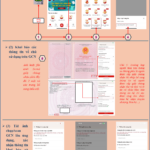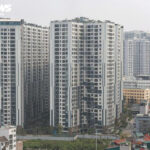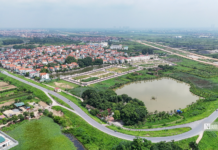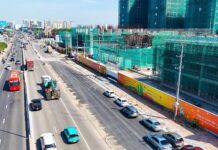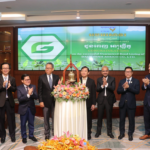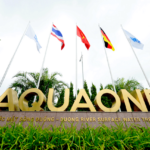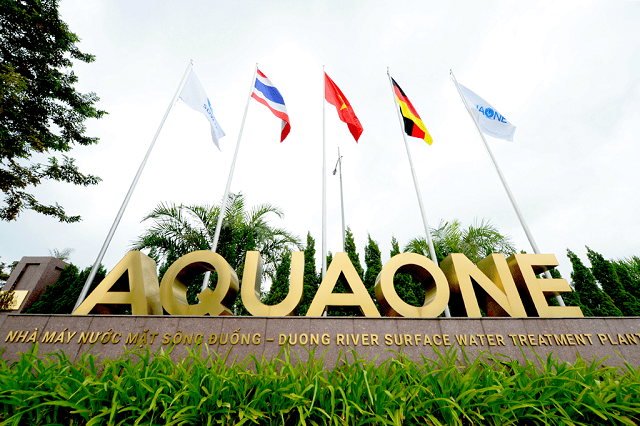The Ho Chi Minh City Real Estate Association (HoREA) has submitted a proposal to the National Assembly, offering recommendations on the draft Resolution outlining mechanisms to address challenges in implementing the Land Law for businesses within the city.
Mr. Le Hoang Chau, Chairman of HoREA, stated that in the urgent document No. 148 sent to the Standing Committee of the National Assembly, HoREA provided feedback on the draft Resolution detailing mechanisms and policies to resolve difficulties and obstacles in the implementation of the Land Law. HoREA proposed adding a provision to exempt additional land use fees for businesses without fault, aiming to resolve legal hurdles for hundreds of projects currently facing issues in the city.
According to HoREA, Article 257, Clause 2(d) of the 2024 Land Law creates a risk by requiring additional payments for delays in land value calculations without clearly defining the responsibility of businesses.
Delays in issuing land price decisions or adjusting planning primarily fall under administrative procedures and the authority of state agencies. Since these are beyond the control and authority of businesses, requiring them to pay additional land use fees for this period is unreasonable.
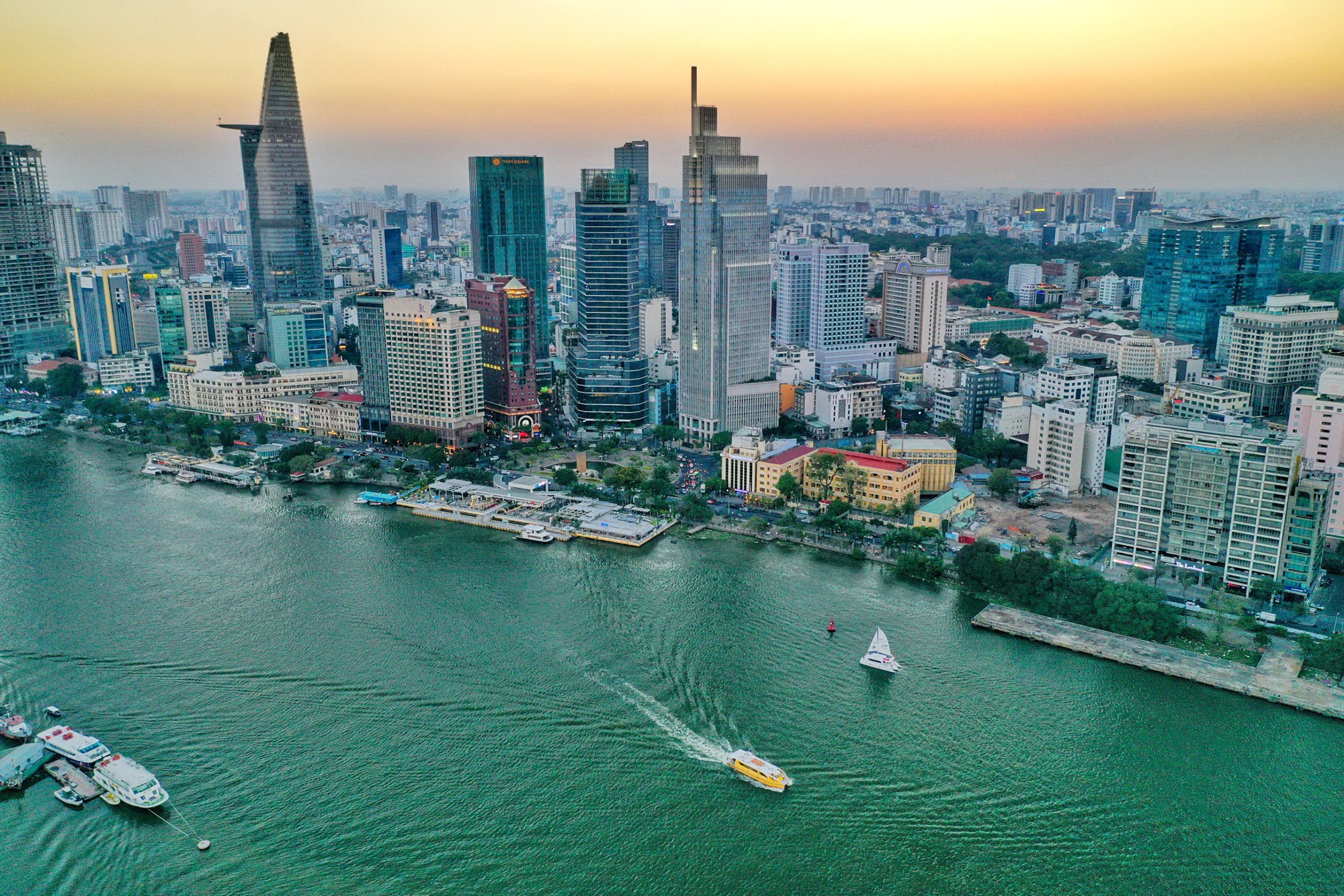
HoREA proposed adding Article 10a to the draft Resolution, stipulating that land users are considered faultless if, at the time of the land price decision, no competent authority has issued a document determining their fault. In such cases, businesses should be exempt from paying the additional amount.
The Association also suggested a mechanism allowing provincial People’s Committees to deduct any additional amounts already paid by businesses from other financial obligations if they are later found to be faultless.
According to HoREA’s statistics, approximately 100 real estate and commercial housing projects in Ho Chi Minh City are awaiting land use fee notifications and additional payments. These include 13 projects by Novaland, 8 by Hung Thinh Land, and the Observation Tower project (Empire City) by King City Company (a joint venture between Tien Phuoc Company, Tran Thai Company, Keppel Land, and Gaw Capital Partners).
The Chairman of HoREA emphasized that applying this regulation would impose a financial burden on businesses. The Ho Chi Minh City People’s Committee also plans to petition the Government to waive both additional payments and late payment penalties to maintain investor confidence.
He further proposed adding a mechanism to exclude fault and deduct already paid amounts to prevent businesses from being wrongfully penalized, thereby fostering a more transparent and stable investment environment.
Previously, under Decree 291 issued by the Government, which amends certain provisions of Decree 103 on land use fees and land rent—effective from November 6—the additional land use fee rate was set at 3.6% per year on the payable land use fee, instead of the previously proposed 5.4%.
The calculation period for the additional fee starts from the date the financial obligation arises until the 8th working day after the land price decision is issued. Decree 291 also allows for the recalculation of additional fees previously paid under Decree 103.
100 Real Estate Projects in Ho Chi Minh City Awaiting Land Use Fee Payments
Ho Chi Minh City currently has approximately 100 commercial real estate and housing projects awaiting land use fee announcements and additional payment notifications. Prominent developers like Novaland, with 13 projects, and Hung Thinh Land, with 8 projects, are among those affected. Consequently, the regulation mandating additional payments for delayed land use fee calculations will impose a significant financial burden on these businesses.
Supplementary Land Use Fee Drops by 3.6% Annually: Businesses Still Burdened by Unreasonable Charges
According to experts, despite a reduction from previous levels, the additional land use fee provisionally calculated at 3.6% per year still imposes significant financial pressure on businesses.

